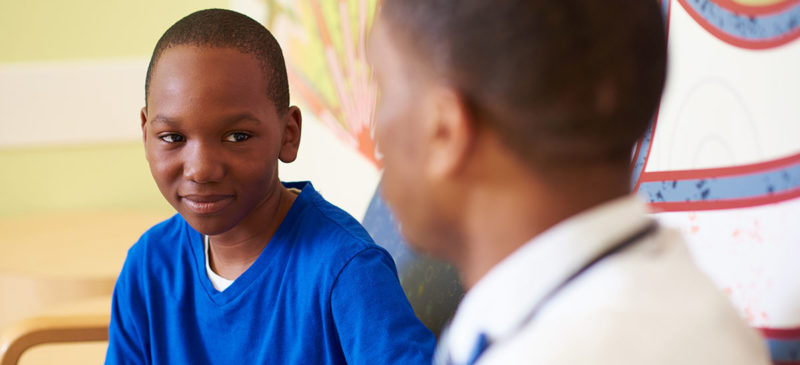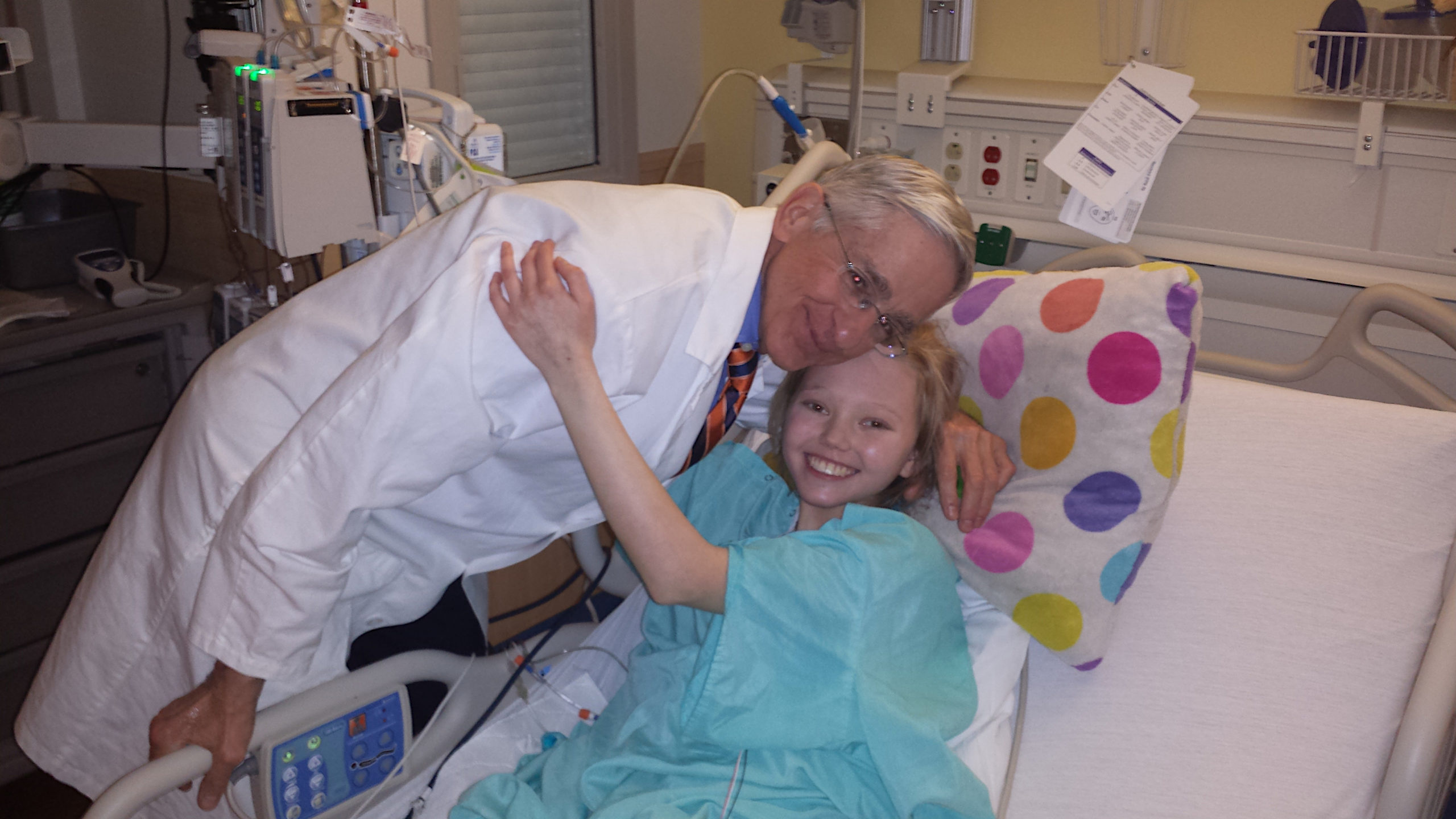Lately our patients have been asking us more questions about supplemental or alternative IBD diets related to the management of the disease.
Because of this uptick, I thought it might be helpful for families to read about the role alternative IBD (inflammatory bowel disease) diets can play in your child’s condition.
Why Parents Are Interested in Alternative IBD Diets
First, let’s talk about why parents are asking about alternatives or supplemental options for traditional IBD therapies. Some of the medications used to treat and induce remission of IBD come with side effects.
Steroids induce remission in 85-90% of patients, but can have some side effects, which we outlined in a previous blog post. Additionally, other IBD medications (such as the immunosuppressants 6-mercaptopurine or methotrexate) and the newer biologics (such as Remicaid, Humira), will help keep the symptoms at bay during remission. However, these medications are not completely without side effects and they require close monitoring of your child’s immune system and other organs to minimize harm.
It’s important to note that these medications are prescribed because they have been shown to be the most effective at inducing and maintaining remission, managing gastrointestinal symptoms and ultimately healing the intestinal tract in patients with IBD.
That said, families are naturally and understandably concerned about the side effects and question whether there are alternatives.
The Two Types of Alternative IBD Diets
Which leads us to two different types of IBD diets that have been shown to be the most effective in reducing symptoms and healing the intestine:
- 100% shake diet. Meaning, your child will drink a shake (Boost, Pediasure or other alternatives) for 100% of his nutrients.
- 80/20 diet. Your child will eat 80% of his calories in shakes and 20% in approved table food. The thought behind the 80/20 diet is that the majority of their calories will come from the shakes, which should provide healing of the ulcers in the intestines. But your child still has a little freedom to eat other “favorite” foods.
The most important thing to remember is that not all IBD is the same and therefore not all children will respond to the same types of therapy. Some types of IBD have a good chance to respond well to these diets and others do not.
The Relative Effectiveness of Alternative IBD Diets
Ultimately, your physician can help guide you through making the right treatment selection for your child and if a diet therapy is worth trying. In general, we know that alternative diets are not as effective for patients with ulcerative colitis and complex Crohn’s disease (which includes patients with a fistula or intestinal strictures).
However, for Crohn’s disease mainly involving the small intestine, the 100% shake diet and 80/20 diet are equally effective in reducing symptoms with a slight edge in healing the intestinal lining with the 100% shake diet.
How to Implement Alternative IBD Diets
For families who do want to try one of these alternative IBD diets, we will recommend starting on the 100% shake diet for the first two-three months, with the goal to induce remission.
We typically define remission as dramatic improvement in gastrointestinal symptoms such as eliminating diarrhea, blood in the stool and reducing abdominal pain. If remission occurs, after that point your child and doctor will either decide to continue a diet therapy, which may include a maintenance of the 100% diet, the 80/20 diet, or whether to add an immunosuppressant or biologic.
If they continue to do well, they can stay on this diet indefinitely. And if they don’t, they may have to consider adding an additional medication to help control their symptoms and prevent complications of their IBD.
The concern that many families face is that in order for symptoms to stay at bay, their child will likely have to be on either the 100% shake or the 80/20 diet for the long-term. That can feel daunting for families and kids alike.
At this point, we only recommend these two diets as they have been studied in large number of pediatric and adult patients with IBD. However, there are ongoing trials in both the US and Europe exploring the Specific Carbohydrate Diet (SCD) and Crohn’s Disease Exclusion Diet (CDED). We can’t recommend these “new” diets as primary treatments for IBD as there little data to support their effectiveness. However, for families looking to improve or help maintain long-term remission the SCD or CDED may be considered complimentary to your child’s current treatment regimen.
We have found that about half of the families we see in clinic ask about these alternative diets, but less than 10% commit to doing it. Unfortunately there is no perfect solution for treating IBD, and in the end, families need to decide which therapy will fit best for their child and their family’s lifestyle. I hope that this information provides you with some perspective to make an informed decision.
]If you would like to learn more information about our IBD Center or schedule an appointment, please call 513-636-4415, email ibd@cchmc.org or visit this webpage.





